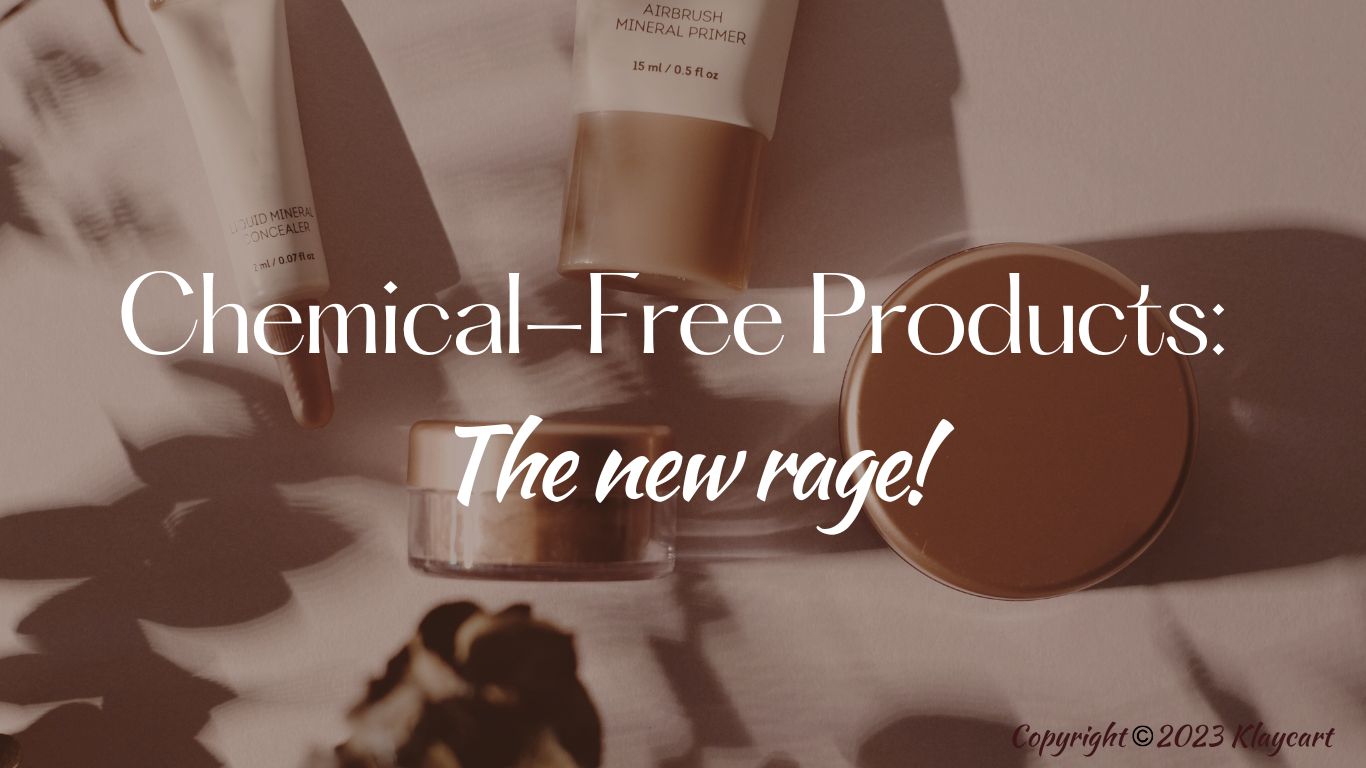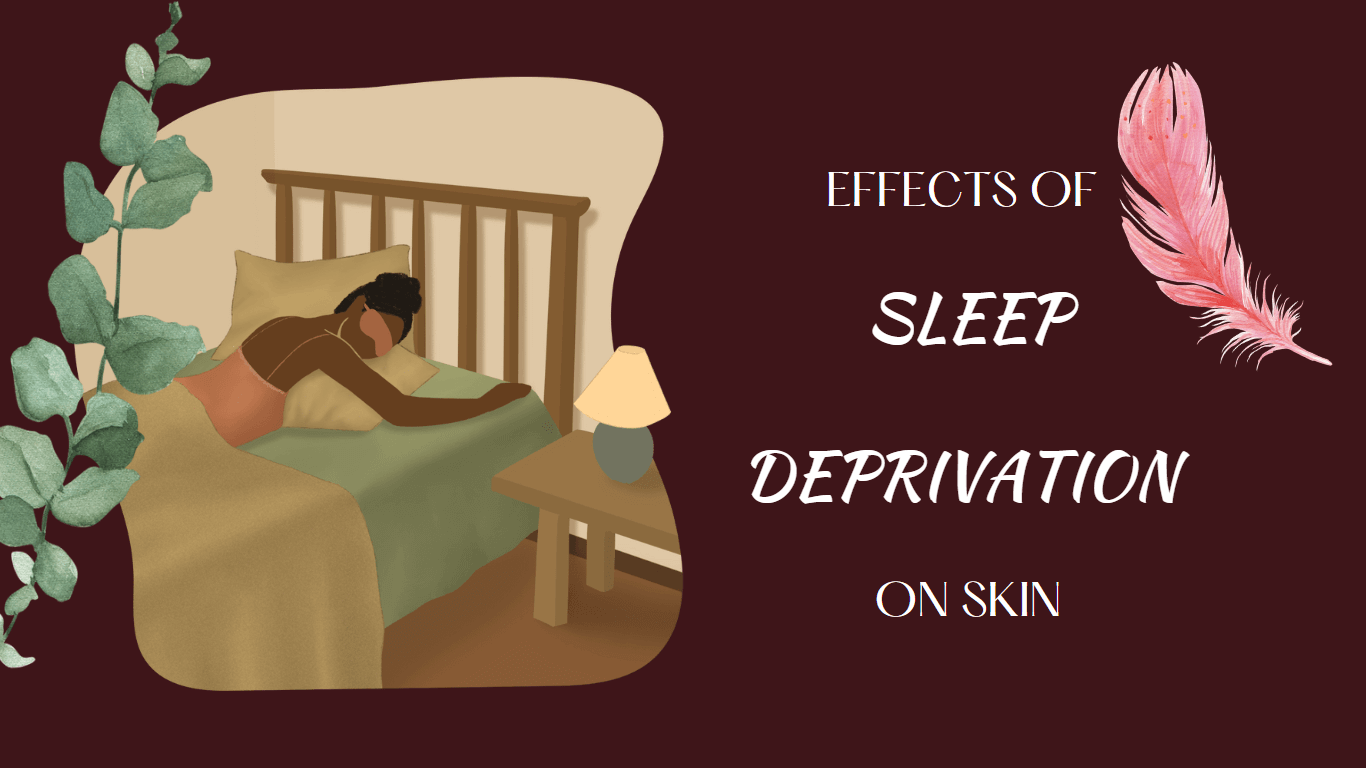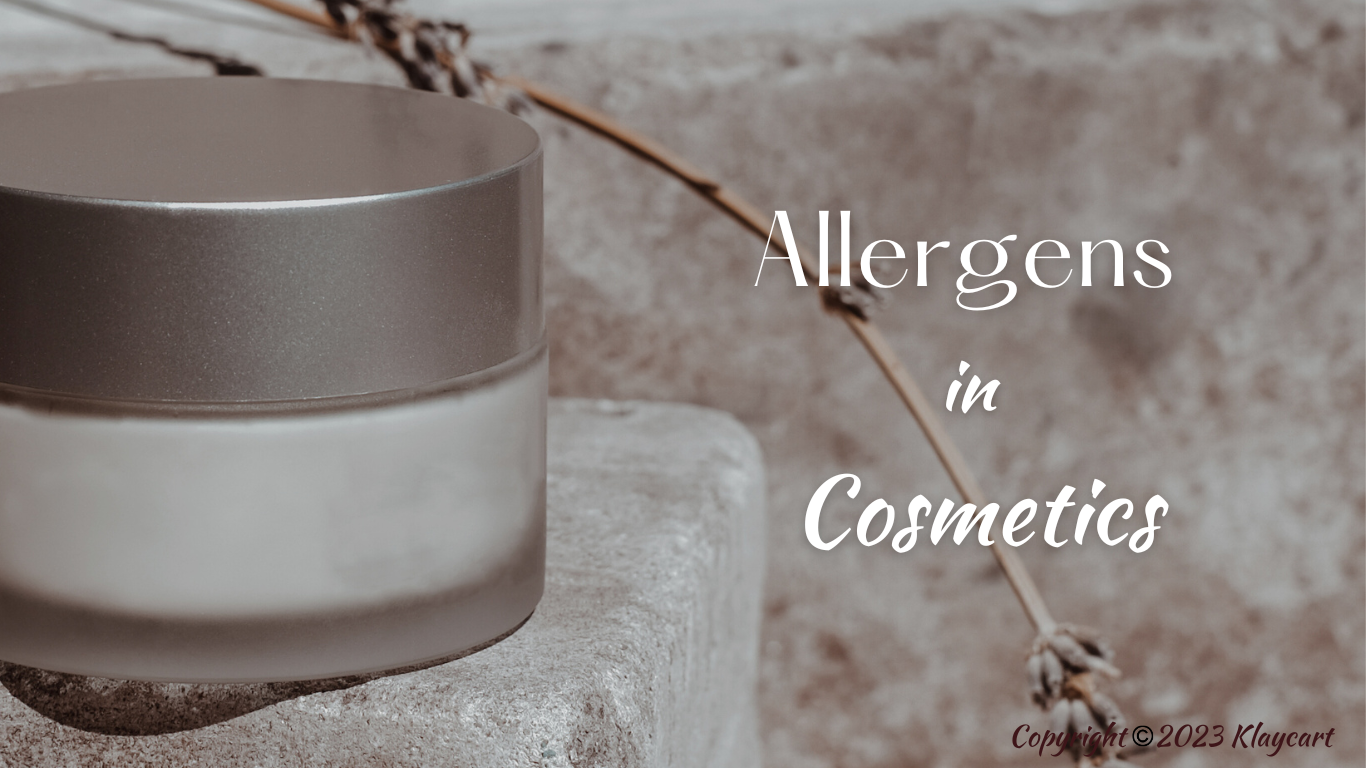Consumers have recently become more concerned about the possible health hazards linked to the specific chemicals commonly found in skin care products. This increase in the awareness among consumers and their acceptance of "chemical-free" products has resulted into the growing scrutiny of substances like Sodium Lauryl Sulphate (SLS), Parabens, Paraffin, Silicone, and Mineral oil. But are these claims truly reliable? We will analyze the scientific support for these ingredients in this blog to give you a thorough understanding of them and how they are used in various skincare products.
What Exactly Is A Chemical?
Any Substance that is formed of matter with a certain composition and set of qualities is considered to be a chemical. Chemicals can be created artificially or exist naturally and are present in a wide range of products, including cosmetics.
Chemicals include both synthetic or artificial components and naturally occurring ingredients.
Natural compounds, as opposed to synthetic chemicals, are derived from plants, minerals, or other naturally existing sources.. Synthetic chemicals are typically created by humans in a lab.
It's critical to read the ingredient list and comprehend the components' identities and functions before selecting any beauty product.
If you have questions regarding a product's safety or don’t know about the structure of your skin, then It is recommended to consult a dermatologist or other healthcare professional
Here is a list of some chemicals of concern that are often seen added to cosmetic products-
SLS, or Sodium Lauryl Sulfate, Is What?
Sodium Lauryl Sulphate or SLS is commonly found in personal care products like toothpaste, soap, and shampoo. SLS is an anionic surfactant that produces the lathering action that removes the oil and many people associate it with cleanliness. Its ability to irritate and dry out skin has been a source of concern. However, extensive research and regulatory bodies like the FDA and the European Commission have deemed SLS safe for use in low concentrations. Most adverse reactions occur when the concentration is high or when individuals have specific sensitivities.
What are Parabens?
Various cosmetic and personal care products utilize a class of preservatives called parabens to stop the growth of harmful bacteria and fungi. Concerns regarding ‘parabens' safety have been raised since some researches have revealed a connection between these chemical preservatives and related incidences of hormonal imbalance. However, there is no solid scientific evidence connecting parabens with negative health impacts. Regulatory agencies have set limits on the use of parabens, ensuring they are within the safe levels.
Paraffin, Mineral Oil, And Silicone:
Numerous skincare and haircare products contain Paraffin, Silicone, and Mineral Oil. Paraffin is a by-product of the refining of petroleum, whereas Mineral Oil is a distillate of petroleum and Silicone is produced from silica. These ingredients are often used for their moisturizing and skin protective properties. However, some individuals worry that they may clog the skin pores or cause skin irritation. In reality, these concerns are largely unfounded.
Paraffin, Silicone, and Mineral Oil are typically safe and well-accepted by the majority of people when used in cosmetic products at a proper concentration.
Why People Opt For Chemical-Free Cosmetics
Here are some justifications for selecting Chemical-Free Skincare products-
To stay away from artificial ingredients: Some customers prefer to use products that are not from the synthetic sources, or that are produced from the natural or organic substances.
To lessen the possibility of irritation or allergies: Particularly those individuals that have sensitive skin or known allergies, some of these synthetic substances can irritate their skin. Using chemical free products help in lowering the possibilities of irritation or allergic responses.
To stay away from substances that could be harmful: Increased awareness among people has raised their concern about the safety of some of the synthetic compounds, and they would rather utilize products that are free of them.
To promote environmental sustainability: Some chemical-free items are prepared with components that are produced using synthetic processes and are less eco-friendly than ingredients produced using sustainable natural processes.
To promote animal welfare: Efficacy of some skin care products are evaluated without using animals in the lab, or are "cruelty-free." To promote animal welfare, some people decide to use these goods.
How To Choose Chemical-Free Skin Care Products?
There are many ways by which you can choose chemical-free skin care products
Look for the label Tags-Look for the tags on label viz- “Organic”, “Natural” or “Non-Toxic” to help you find the products that are made with minimal synthetic chemicals.
Read the ingredient list- Look for the products that are made with organic or naturally produced ingredients that are suitable to your preference.
Know your skin type and concerns- It is essential to choose the products that match with your skin type and any specific skin concerns you may have. If you have sensitive skin, you should avoid using Harsh surfactant products on the skin and go for products with mild ingredients giving the same action.
Research the brand- Look for the brands that are transparent about their products, their ingredients and the manufacturing processes. Ask for the recommendations from reliable sources or read product reviews. By selecting skincare items in this manner, you can ensure that they will be both beneficial and safe for your skin.




Leave a comment
All comments are moderated before being published.
This site is protected by hCaptcha and the hCaptcha Privacy Policy and Terms of Service apply.